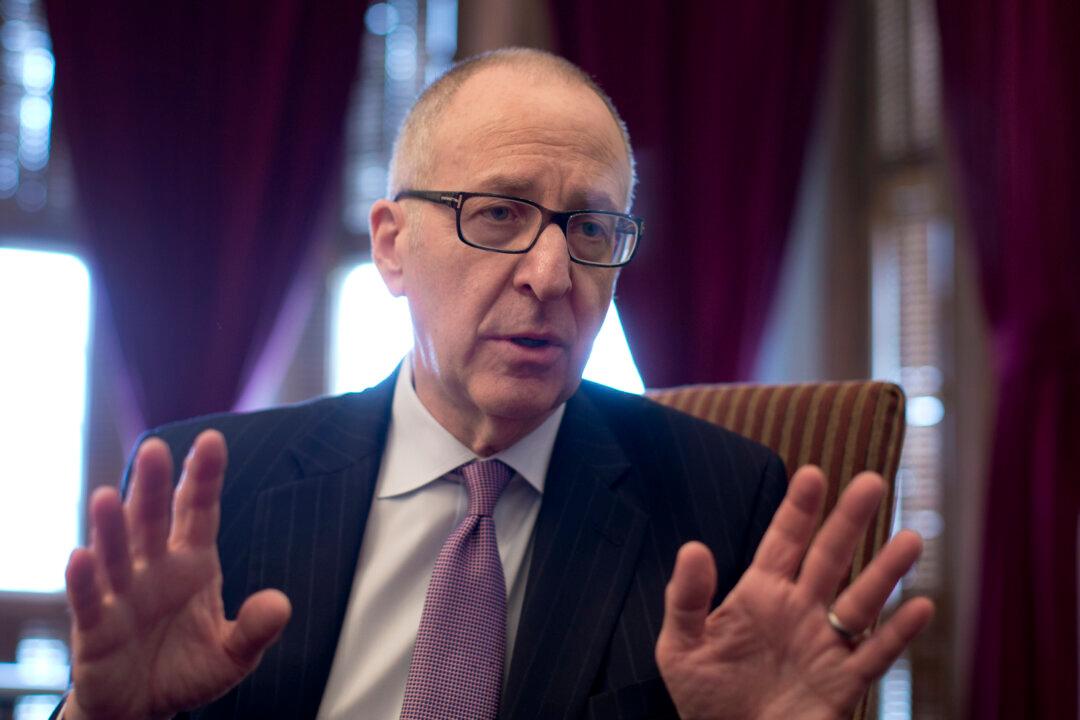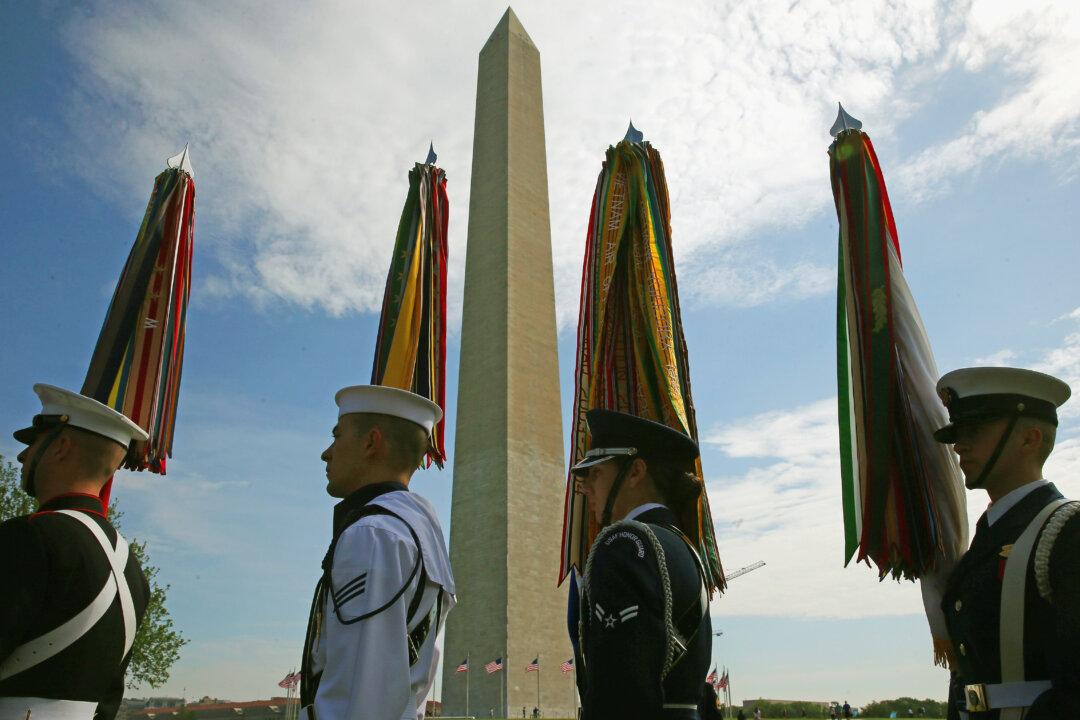First the good news: The Pulitzer Prize for Public Service was not only the best-covered of its awards this year, but it recognized a series of disclosures that made many media outlets nervous, if not adversarial—the publication of NSA secrets leaked by Edward Snowden.
They recognized the reporting by the Guardian in England and also Bart Gellman’s work in the Washington Post, even as they did not recognize the work directly of Glenn Greenwald and Laura Poitras whose independent reporting appeared in many newspapers.
Poitras and Greenwald still make the news world nervous because a) they are outspoken, b) not always under the control and discipline of traditional editors and c) have a respectful and acknowledged positive relationship with their source as if that is a high crime or misdemeanor. It is significant that they were recognized by the Polk awards, but not the Pulitzer.
In some higher circles, their source, Ed Snowden, is still considered a traitor or worse.
The Pulitzer Prize is the big enchilada in the media word announced in a formal ceremony at the Pulitzer room in the Columbia Graduate School of Journalism on New York’s Morningside Heights. The journalists who win these prizes are recognized for life as “Pulitzer Prize Winners,” a sign that they reached the highest heights in the profession. It’s a ticket to raises and more recognition.
I once was once told by a former dean of the same “J School” —where I taught as an adjunct—that they considered themselves the “Taj Mahal” of American journalism. I didn’t have the heart to remind her that the original Taj was built as a tomb.
TV Muscles In on Nonprofit
Almost as significant as the prizes to stories emanating from a whistle-blower was the award to an investigative report into coal miners who were denied black lung disease benefits. The report was by one of the new nonprofit media organizations, the Center for Public Integrity. A CPI reporter, Chris Hamby, won that one.
The ink on his award was not even dry before ABC News, a network I used to work for, muscled in with a high profile media claim that since they aired a story based on Hamby’s reporting, they deserved the Pulitzer too. The embarrassingly loud demand for credit by outgoing ABC President Ben Sherwood was gently, and then indignantly rebuffed by the Center’s director, Ben Buzenberg.
According to Talking Points Memo, Buzenberg said: “I don’t take well to being bullied by anybody or threatened by anybody. We just stuck to the facts.”
Buzenberg explained that the Pulitzer committee did not award the prize for broadcast pieces and told ABC to cease its demands.
“The Center is prepared to show in great detail how little ABC’s Brian Ross and Matt Mosk understood about even the most fundamental concepts and key facts and how they repeatedly turned to Chris to advise them or, in some instances, to do their work for them,” he wrote in the letter.
He noted in a letter to ABC, “Though you have framed the issue as the Center seeking to diminish ABC’s contributions, the reality is quite the opposite: ABC is seeking to take credit for a large body of work that it did not produce. These are the facts, as confirmed under the very strict Pulitzer Prize rules by the Pulitzer Administrator Sig Gissler again just yesterday.”
Having worked at ABC for eight years and written about the experience in my book, “The More You Watch, The Less You Know,” I could identify with Buzenberg’s taking umbrage at network arrogance and bullying.
In my experience, TV executives see their shops as if they are military units under the control of the men who control the control rooms. (After reports leave the control room, they pass through the even more Orwellian sounding “Master Control.”) These news chiefs would not do well on school report cards evaluating their ability to “work well with others.”
The TV networks are desperate these days for legitimating recognition in a media world that has fragmented, and in which they no longer have the commanding position.
That is not say, that they don’t also relish insider recognition and pats on the head from people in power.
Dissing and Revolving
At the same time that the newspaper world had recognized its obligation to recognize the Snowden story—sans Snowden, of course, who the Moscow Times reports has run out of money in his forced exile but may finally have a new job—a major network disses Snowden.
CBS News, once known as the network of Edward R. Murrow and, then, Walter Cronkite has veered in another direction since it canned Dan Rather after a star chamber proceeding to punish him for a story showing that President Bush lied about his military credentials.
Today, predictably, CBS has gone the other way on the Snowden story too. That shouldn’t be a surprise for an outlet that appointed Pentagon groupie Lara Logan as its chief foreign correspondent, only to be called on their attempt to cover-up her erroneous Benghazi report that gave credence to right-wing spin on the subject.
More recently, CBS produced a two-part pro-NSA story on “60 Minutes,” reported by John Miller who acknowledged on air that he has worked for the director of National Intelligence, but then, after it ran, left the network to become an intelligence chief at the New York Police Department.
As the Village Voice reported: “Miller is not the first reporter to make this sort of switch—newsrooms are shrinking and folks have families to feed. … He has shown that there is a viable, and lucrative, career in circling the revolving door between journalism and law enforcement (or any other institution).”
Now, CBS, the “big eye” network, has gone even further, as Danny Weil reports:
“CBS News has hired former acting director of the CIA, Mike Morell, as their senior security correspondent. Morell has been a frequent guest on CBS’s ‘Face the Nation,’ where he has disseminated CIA propaganda and misleading information, raising questions about CBS’s journalistic integrity. Morell also works for Beacon Global Strategies, a DC consulting firm which peddles its government connections to defense contractors, raising even more questions about his role at CBS.”
(This news came a few days after it was reported that CBS overlord, Les Moonves, is now bringing home $63 million a year.)
On Dec. 23, 2013, Morell appeared on “Face the Nation,” where he promoted the government’s campaign to prosecute Edward Snowden. On that day, Morell stated:
“He violated the trust put in him by the United States government. He has committed a crime, in my view. You know a whistleblower doesn’t run. A whistleblower does not disclose information that has nothing to do with what he says his cause is which is the privacy and civil liberties of Americans. You know if I could talk to Mister Snowden myself, what I would say is, Edward, you say you’re a patriot, you say you want to protect the privacy and civil liberties of Americans, you say that you wanted Americans to have a debate about this and to make up their mind about what to do about this. Well, if you really believe that, if you really believe that Americans should be the judge of this program, then you should also believe that the Americans should be the judge of your behavior in this regard. So if you are the patriot that you say you are, you should come home and be judged.”
Now, it’s our turn to judge: is this or is this not media complicity in the surveillance state? Bear in mind that had Snowden not done what he had—and if Greenwald and Poitras hadn’t done what they did—we would not have learned of what’s being done by the NSA in our name. If we had waited on the big media to tell the story, we would all still be waiting.
News Dissector Danny Schechter edits Mediachannel.org and blogs at News Dissector.net. His latest book is “Madiba A to Z: the Many Faces of Nelson Mandela.”




